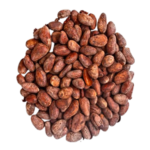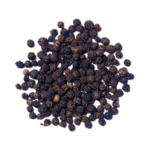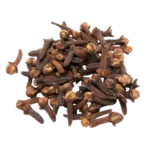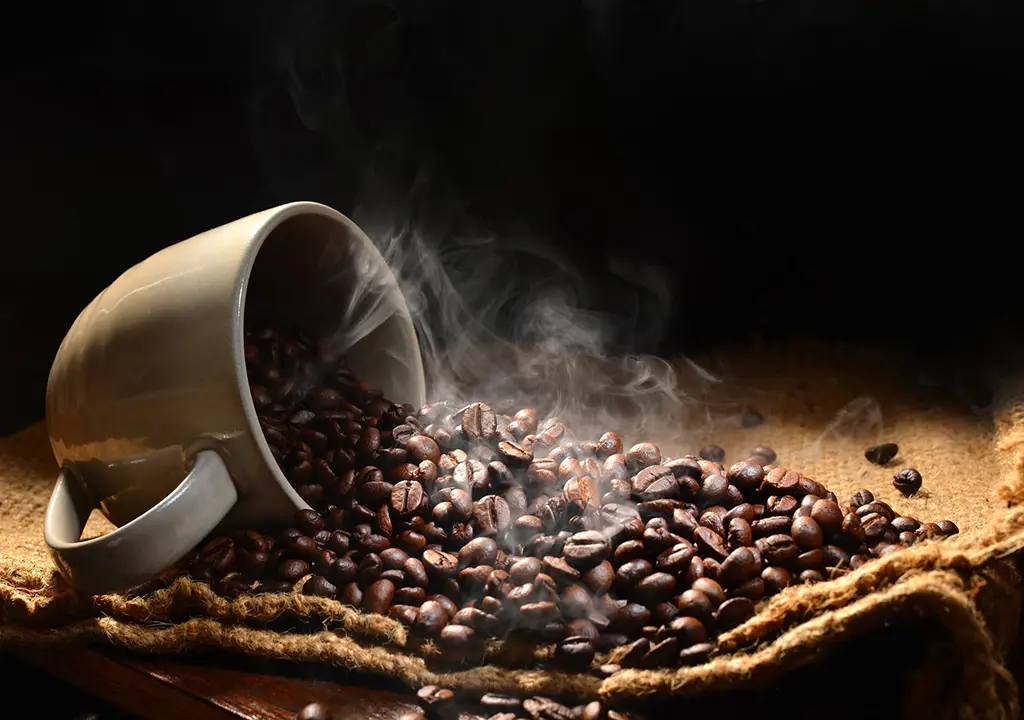Coffee is a brewed drink prepared from roasted coffee beans. It is one of the most popular beverages worldwide.
Originating in Ethiopia, coffee has become a staple in various cultures, each having unique preparation methods and consumption habits. It’s known for its stimulating effect, thanks primarily to the caffeine content. Roasting levels of coffee beans can range from light to dark, affecting the flavor, aroma, and acidity of the drink.
Coffee enthusiasts often seek high-quality beans and brewing techniques to enhance their experience. The global coffee industry continues to grow, with innovations in sourcing, production, and sustainable practices. Whether enjoyed in a traditional café or through a modern cold-brew process, coffee remains an integral part of daily routines and social exchanges.
Health Benefits Of Coffee
Coffee is known to enhance mental alertness and improve concentration. Caffeine, a key component in coffee, acts as a stimulant for the brain. This can lead to better cognitive performance, helping you stay focused and sharp. Regular coffee consumption has also been linked to a lower risk of developing Alzheimer’s and Parkinson’s diseases.
Studies suggest that coffee may help in fighting off type 2 diabetes and offers protection against liver conditions, such as liver cancer and cirrhosis. Antioxidants found in coffee are key players in maintaining overall cell health. They aid in reducing inflammation and protecting against free radicals, contributing to a reduced risk of chronic diseases.
Different Types Of Coffee Beverages
Espresso-based drinks are a cornerstone of coffee culture. Espresso is a rich, concentrated coffee. Many drinks use it as a base. Drinks like Lattes and Cappuccinos mix espresso with milk. They differ in the amount of foam and milk. A Macchiato has a dash of milk. An Americano blends espresso with hot water.
Filter coffee, also known as drip coffee, is another popular type. Ground coffee gets hot water poured over it. The water passes through a filter. This leaves you with a clean, clear cup of coffee. It’s different from espresso-based drinks.
Specialty coffees often include unique flavors or brewing methods. Cold brew is steeped in cold water for hours. Affogato is a treat with espresso poured over ice cream. Each specialty coffee offers a new taste and experience.
The Coffee Culture Around The World
Italy is renowned for its rich espresso heritage. Italians usually enjoy their coffee quickly and standing up. Traditional coffee bars buzz with activity, serving espresso and cappuccino to locals. It’s a part of daily life to grab a quick shot of energy.
Brazil dominates as the world’s largest coffee producer. Not only that, Brazilians love sipping their brew too. Here, coffee is a leisurely affair, often enjoyed in a relaxed setting. Caipira-style coffee, which is sweet and milky, is a popular choice among the locals.
As the birthplace of coffee, Ethiopia cherishes its coffee ceremonies. An invitation to such is a sign of friendship or respect. Roasting and grinding the beans is part of the ritual. It highlights Ethiopia’s deep-rooted coffee culture. Every cup tells the story of a tradition that’s been around for ages.
Sustainable Coffee Production
Fair Trade Coffee ensures farmers get fair pay. They work hard to grow coffee beans. We must support them. Buying Fair Trade Coffee helps communities. It keeps kids in school. It also improves healthcare.
Organic Coffee Farming protects our Earth. No harmful chemicals are used. This way, farmers stay healthy. Soil and water stay clean. Wildlife thrives too. Choosing organic coffee keeps nature happy. It tastes great as well!
History Of Coffee
The intriguing tale of coffee begins in Ethiopia, with a popular legend about a goat herder named Kaldi. Kaldi noticed the energizing effect of red berries on his goats and tried them himself. The local monastery learned about these berries and began to utilize them to keep monks awake during long prayers.
From these modest beginnings, coffee’s popularity grew and it started its journey across the globe. By the 15th century, coffee had reached the Arabian Peninsula, where it became an integral part of their culture. The Arabian traders took coffee plants to grow in their own lands.
Soon enough, coffee houses called “Yahweh khaneh” sprang up in cities across the Near East. These became hubs for social activities and intellectual discourse. Word of this captivating beverage continued to spread, leading to its introduction in Europe in the 17th century, where it became an instant hit among all classes.
Tips For Brewing The Perfect Cup Of Coffee
Finding high-quality beans is key to a perfect cup of coffee. Aim for freshly roasted beans, which should come with a roast date. Local roasters often provide the freshest options. Consider the bean’s origin and roast type; these factors deeply impact flavor.
Grinding your beans just before brewing maintains their flavor and aroma. Choose a burr grinder over a blade one for consistent size. Fine grind works for espresso, medium for drip coffee, and coarse for French press.
Brew Method Water Temperature Brewing Time
French Press 195°F – 205°F 4 minutes
Pour-Over 195°F – 205°F 2-3 minutes
Espresso 190°F – 196°F 20-30 seconds
Experiment with water temperature and brewing time to find your preferred taste. Clean equipment is essential for a pure brew, so always ensure your coffee maker is spotless.
What Are Coffee’s Health Benefits?
Regular coffee consumption can offer various health benefits such as improved energy levels, mental alertness, and potentially reduced risk of diseases like Parkinson’s and diabetes.
How Does Coffee Impact Metabolism?
Coffee can boost metabolic rate in the short term, potentially aiding in fat burning due to its caffeine content.
What’s The Best Coffee Brewing Method?
The best brewing method is subjective; French press, pour-over, and espresso each bring out different coffee flavors and characteristics.
Can Coffee Consumption Affect Sleep?
Yes, consuming coffee, especially in the afternoon or evening, can disrupt sleep patterns due to caffeine’s stimulant effect.
Is Coffee Good For The Skin?
Coffee contains antioxidants and has anti-inflammatory properties, which can be beneficial to skin health when consumed in moderation.
Conclusion
Wrapping up, and embracing the world of coffee can truly enhance daily rituals and well-being. From energizing mornings to fostering connections, its impact is profound. Dive into the coffee culture, experiment with brews, and savor each cup. Your perfect blend awaits.

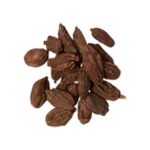
 Green cardamom
Green cardamom

